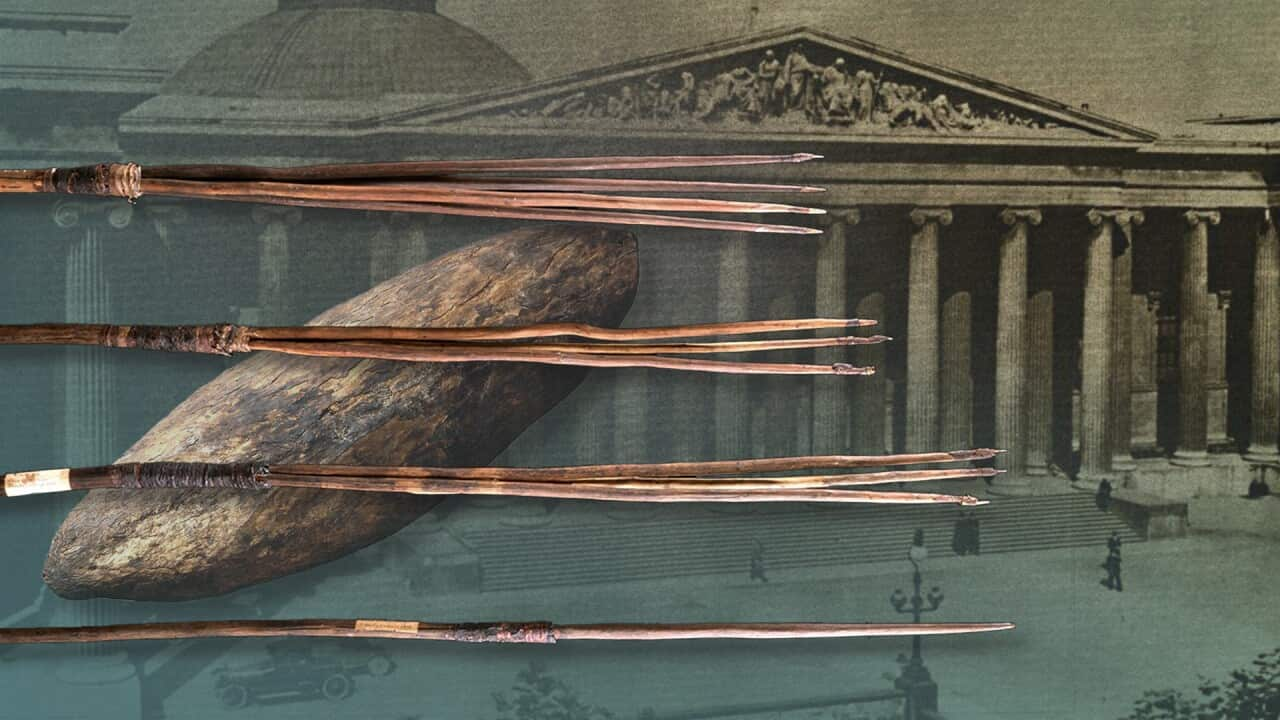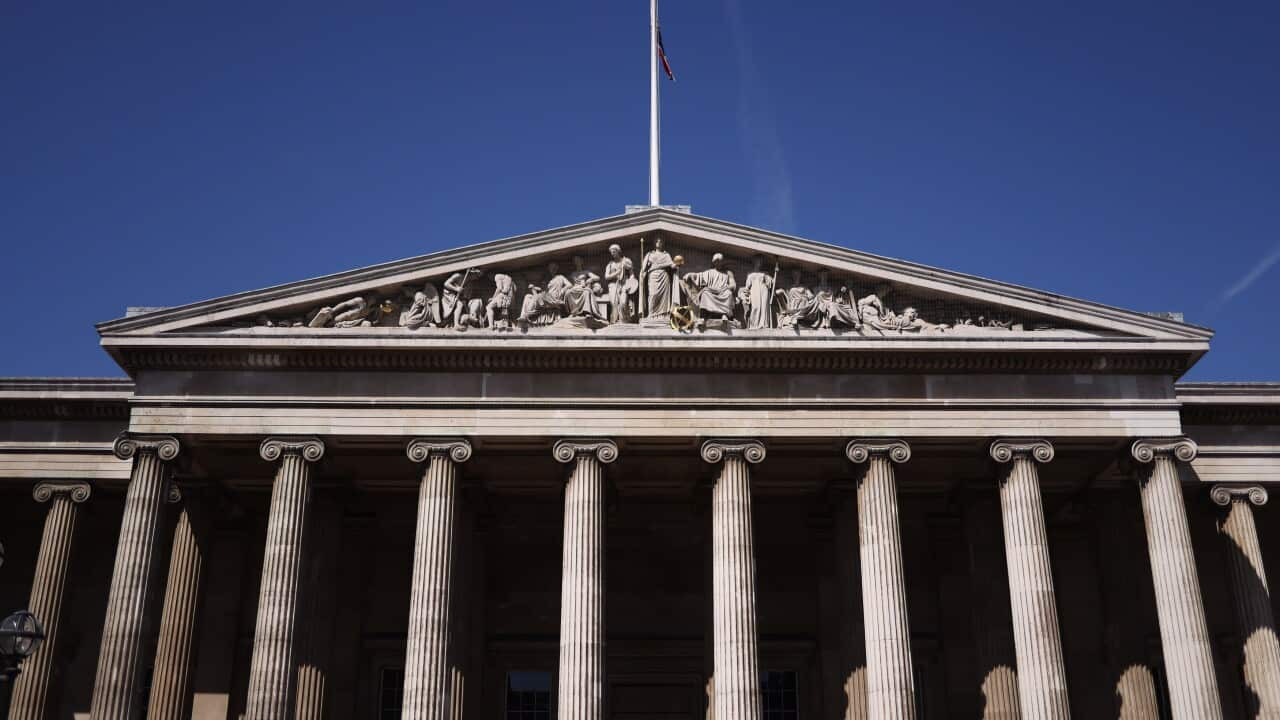Established in 1964, by non-Indigenous scholars, the AIATSIS groups initial aim was to study and research the diverse Blak histories and cultures in Australia from the very real and at the time imminent threat of perishing.
They also celebrate the Mabo Decision in 1992 and subsequent enabling legislation of the Native Title Act, one that AIATSIS provided research grants to the late Eddie Mabo in support of his work.
A legacy that is continued today by AIATSIS through one of it's roles in providing support and resources to Native Title determination processes for First Nations groups.
Today AIATSIS says that it's role is to tell our stories and help shape our narrative, and has a different look from when it was first established those 60 years ago.
Ngamba man from Brewarina and Interim CEO of AIATSIS, Leonard Hill says they are continuing to demonstrate the excellence and the brilliance in our First Nations communities.
"AIATSIS as an institution is charged and has a responsibility with making sure that we do that in a way in which all people get to understand and know and engage with First Nations, people, their history and their culture in this country."
Currently holding their fourth annual AIATSIS 'Summit', which brings together a wide variety of Elders, leaders, and youth along with academics, Native Title stakeholders, legal experts, GLAM (Galleries, Libraries, Archives and Museums) sector and government representatives to come together and collaborate on the issues.
"Summit is a great opportunity for community members to be able to come together, engage in a range of conversations here from a terrific lineup of guest speakers on issues that particularly relate to Native Title and Indigenous research," says Mr Hill.
'Brick and mortar truth-telling'
The Minister for Indigenous Australians, Linda Burney announced during conference that the Federal Government were committing $316 million to upgrading and expanding AIATSIS' current premises to include a National Indigenous Knowledge and Cultural Centre.
"Ngurra will be a place where Australians – including us – students, and international visitors can learn, experience and engage with over 65,000 years of culture, tradition, and story."
The Minister said during her announcement that the government remained committed to the principles of treaty and truth-telling.
"This [Ngurra] will be bricks and mortar truth-telling. A place where our history can be recognised and celebrated."
"There remains no significant national landmark, monument or cultural centre that tells our story and our history."
The heartfelt announcement included Minister Burney's reflections on last year's Voice Referendum results, and where to go from here.
"That some are questioning the very future of reconciliation."
"The story of the Aboriginal justice and rights movements is one of both progress and setbacks."
"With each passing generation we do our bit to nudge things in the direction of progress."






